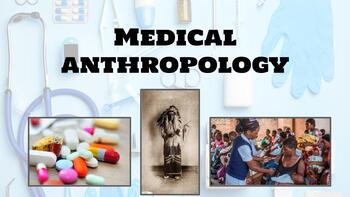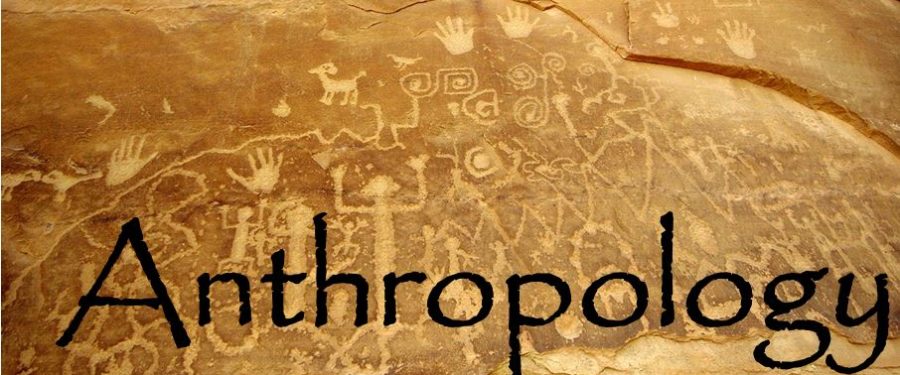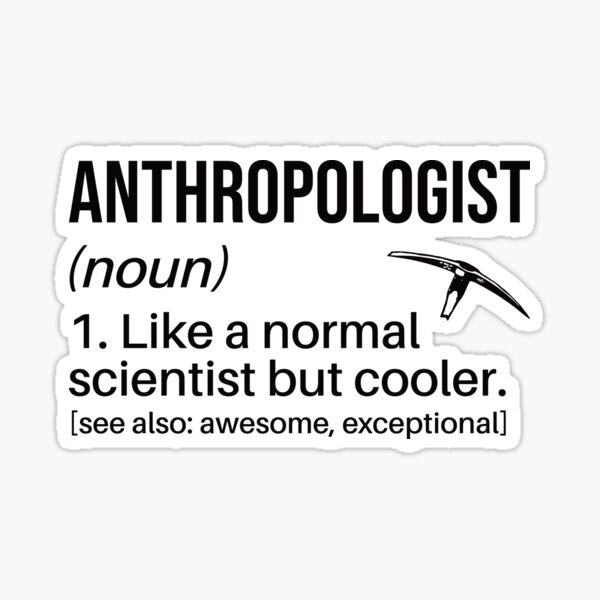
Medical Anthropology
- Teacher: Alberto Carneiro

Sociocultural anthropologists explore how people live their daily lives, make sense of the world around them, and organize their communities in diverse cultural contexts worldwide. They examine everything from traditions, beliefs, and values to social systems, relationships, and interactions.
This course delves into the rich diversity of human cultures, offering students a chance to explore how people across the globe live, think, and interact within their unique cultural contexts. It introduces students to the foundational ideas and concepts that sociocultural anthropologists use to study and interpret human behaviour, social structures, and cultural practices.
Students will gain a deeper appreciation for the complexity and variety of human experiences through engaging discussions, real-world examples, and cross-cultural comparisons. The course also provides a framework for critically analyzing how culture shapes identity, relationships, and societal norms, equipping students with tools to better understand the world around them using examples from various societies, we will cover topics like how research is done, economic systems, marriage, family, politics, art, religion, health, and gender.
This course delves into the rich diversity of human cultures, offering students a chance to explore how people across the globe live, think, and interact within their unique cultural contexts. It introduces students to the foundational ideas and concepts that sociocultural anthropologists use to study and interpret human behaviour, social structures, and cultural practices.
Students will gain a deeper appreciation for the complexity and variety of human experiences through engaging discussions, real-world examples, and cross-cultural comparisons. The course also provides a framework for critically analyzing how culture shapes identity, relationships, and societal norms, equipping students with tools to better understand the world around them using examples from various societies, we will cover topics like how research is done, economic systems, marriage, family, politics, art, religion, health, and gender.
- Teacher: Alberto Carneiro
Anth Perspec Popular Culture
- Teacher: Melissa Clement
Intro. to Human Prehistory
- Teacher: Daniel Nnane
Intro to Socio-Cultural Anthro
- Teacher: Melissa Clement

This course will take an in-depth look at human history and culture, using a combination of theories, case studies, and research methods to explore how societies have evolved.
We’ll discuss the origins of human societies and how they developed, including how biology and culture are interconnected. We’ll also explore essential topics such as language, how it shapes our communication and identities, family structures, and the role of religion in different cultures.
Additionally, we will examine how economic systems, political systems, and social hierarchies influence the way people live, work, and interact with each other.
Throughout the course, we’ll use real-world examples and case studies to help illustrate these concepts and better understand the complexity of human societies.
We’ll discuss the origins of human societies and how they developed, including how biology and culture are interconnected. We’ll also explore essential topics such as language, how it shapes our communication and identities, family structures, and the role of religion in different cultures.
Additionally, we will examine how economic systems, political systems, and social hierarchies influence the way people live, work, and interact with each other.
Throughout the course, we’ll use real-world examples and case studies to help illustrate these concepts and better understand the complexity of human societies.
- Teacher: Alberto Carneiro

This course will investigate human history and culture, using a combination of theories, case studies, and research methods to explore how societies have evolved.
We will discuss the origins of human societies and how they developed, including how biology and culture are interconnected. We will also explore essential topics such as language, how it shapes our communication and identities, family structures, and the role of religion in different cultures. Additionally, we’ll examine how economic systems, political systems, and social hierarchies influence the way people live, work, and interact with each other.
Throughout the course, we will use real-world examples and case studies to help illustrate these concepts and better understand the complexity of human societies.
We will discuss the origins of human societies and how they developed, including how biology and culture are interconnected. We will also explore essential topics such as language, how it shapes our communication and identities, family structures, and the role of religion in different cultures. Additionally, we’ll examine how economic systems, political systems, and social hierarchies influence the way people live, work, and interact with each other.
Throughout the course, we will use real-world examples and case studies to help illustrate these concepts and better understand the complexity of human societies.
- Teacher: Alberto Carneiro

Medical Anthropology
Asynchronous delivery
This course explores the intersections of health, illness, and culture from an anthropological perspective. Students will examine how social, cultural, economic, and political factors shape health beliefs, practices, and systems around the world. Topics include global health disparities, traditional healing practices, the role of biomedicine, and the cultural dimensions of illness experiences. Through case studies and critical analysis, students will gain insights into diverse approaches to health and well-being in different cultural contexts.
Asynchronous delivery
This course explores the intersections of health, illness, and culture from an anthropological perspective. Students will examine how social, cultural, economic, and political factors shape health beliefs, practices, and systems around the world. Topics include global health disparities, traditional healing practices, the role of biomedicine, and the cultural dimensions of illness experiences. Through case studies and critical analysis, students will gain insights into diverse approaches to health and well-being in different cultural contexts.
- Teacher: Jennifer Reade